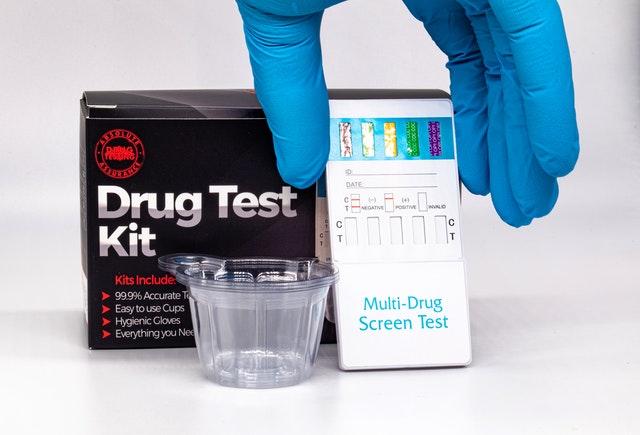The Disadvantages of Using a Saliva Drug Test for Employees

Maintaining a drug-free workforce is both an ethical and legal requirement of employers. When it comes to learning that your employees are abstaining from illegal drugs and abuse of prescription drugs, managers have several modalities of testing to choose from. The saliva drug test is gaining popularity fast. It accurately detects traces and metabolites of various drugs.
Saliva testing seems like a less intrusive means of obtaining a specimen than relying on blood, urine, or hair. So procuring saliva for testing should be easy. Think of how many people willingly spit into a tube to get their genealogy reports. However, before you go forth with a commitment to saliva-testing your workforce, be aware of some of the disadvantages of using saliva for drug testing. The results you get back may not have the precision and accuracy you need.
Ill-Timed Dry Mouth
“Performance anxiety” when asked to furnish a urine sample is a very real thing. It even has a medical term—paruresis. Sensitive to this issue, employers shift to oral swabbing for drug testing, only to encounter a similar form of anxiety: a case of dry mouth that makes it impossible for a swab to gather the requisite saliva. Whether they would test positive or negative, subjects may be overwhelmed by the stress of an impending test—stress which shuts down the salivary glands at an inopportune time.
Compromised Tests
Saliva is easy to get. Unfortunately, it’s just as easy to contaminate. Test administrators do not always observe best practices in obtaining and handling test material. This begins with verifying that test subjects have made necessary abstentions from products that would compromise the integrity of the test—mouthwash, over-the-counter medications, and tobacco products. Even many brands of chewing gum, which feature trace amounts of sugar alcohols, are enough to confound a test. From there, it’s equally possible that handlers will contaminate saliva samples by mishandling them. This can return false positives, which not only embarrass employees but also require further testing to obtain rightful all-clear results.
Too Narrow a Test Window
The biggest disadvantage of using a saliva drug test is that it is ultimately a short-term test for a long-term problem. An oral swab can detect the use of drugs up to 48 hours prior to test administration. If employees know a test is forthcoming, it’s an easy one to beat. Abstaining for just two or three days can be enough to fool a test. Of the different means of drug testing for employees, it is keratin-based tests such as hair and fingernails that provide the widest range of drug detection—around three months.



